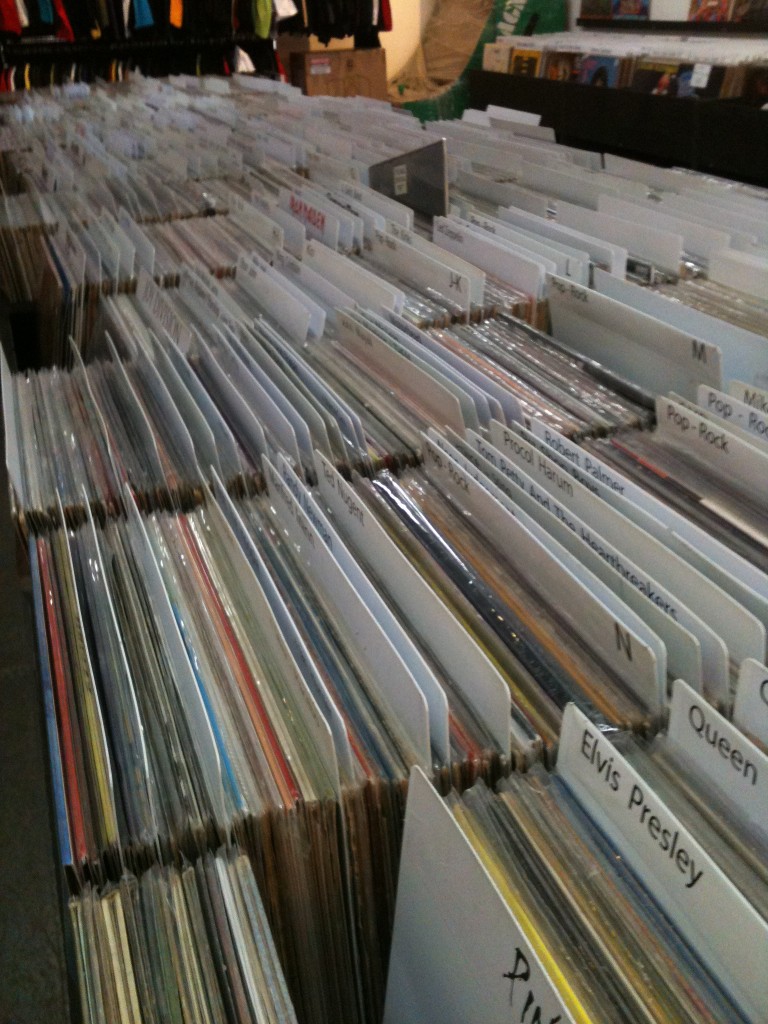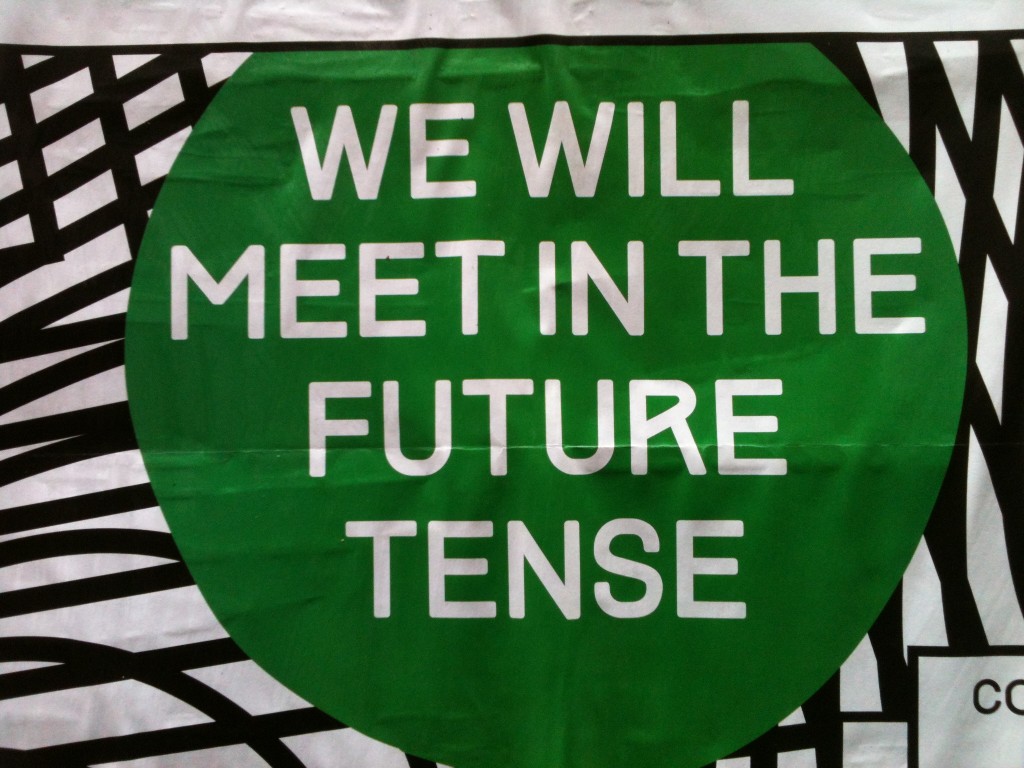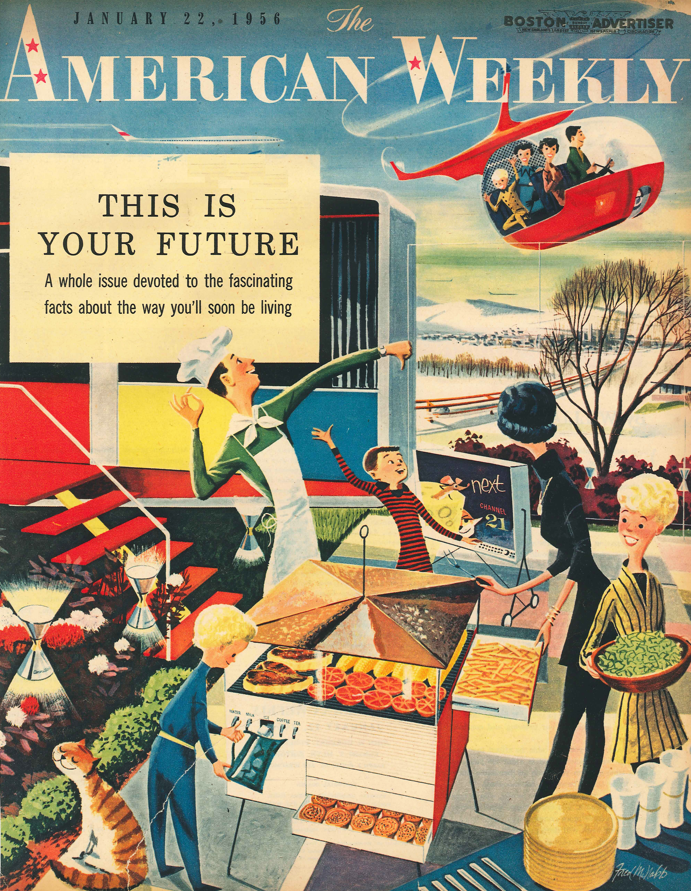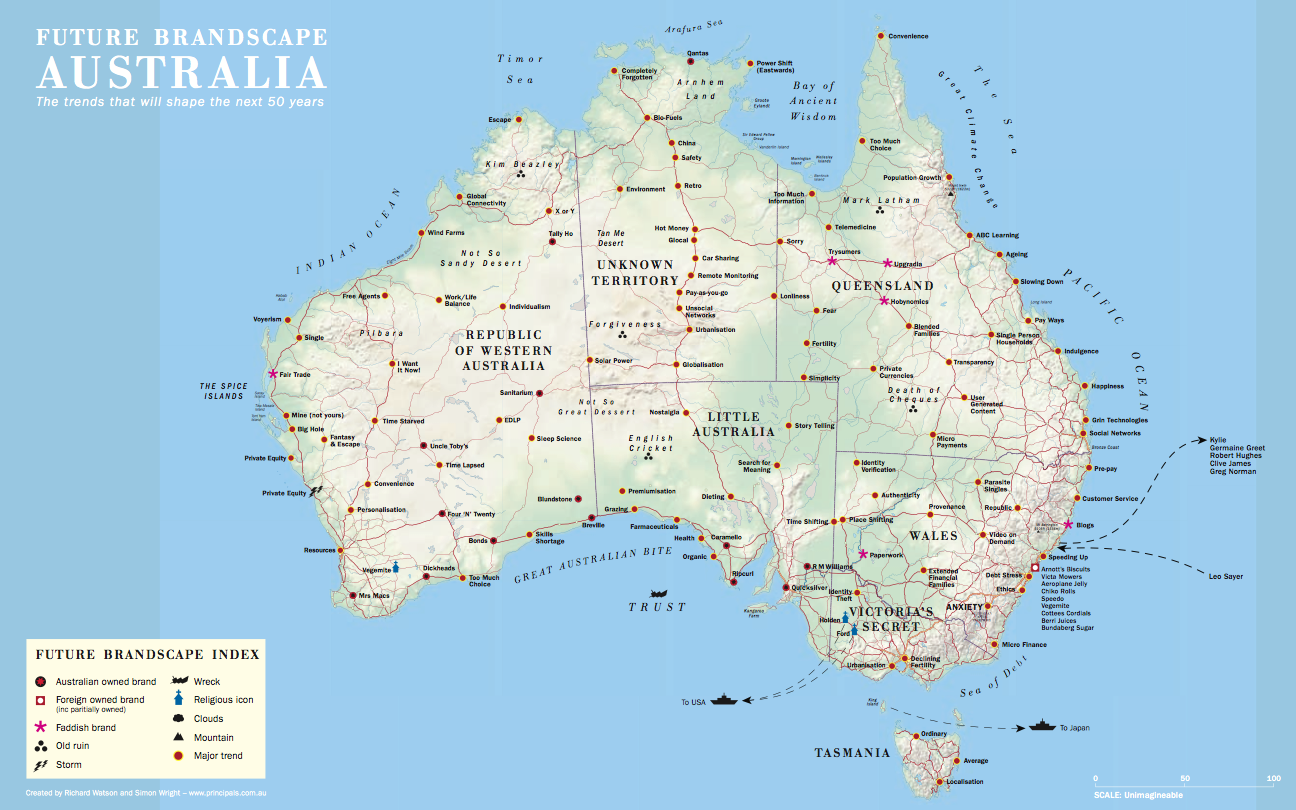
Whoever it was that once accused me of being a “reluctant futurist” got me exactly right. I love looking forwards, but I also rejoice in going backwards.
I’ve just been to Brussels again and this time ended up in Autoworld. I didn’t even know that this place existed until I stumbled upon it on TripAdvisor. It’s housed in a lovely old building and full to the brim with old skool mechanical cool. There is just something about the smell of old engine oil and cracked leather that sets my pulse racing.
I also had dinner at Vincent’s, a restaurant that dates from 1905 and which I last ate at as a child 30 or 40 years ago. It was like re-living the 1970s all over again. Formal waiters, tomato crevette to start, followed by pepper steak, all washed down with a bottle of old red.
The following morning, walking around the centre of Brussels, I came across upon a brilliant record shop called Veals & Geeks. I have been thinking about buying some albums again on vinyl, but this was the excuse I needed. I walked out with an original UK pressing of Dark Side of the Moon, an unopened Japanese issue of Wish You Were Here, Making Movies and an obscure album by America. I was soon sitting on Eurostar (listening to music on my iPhone!) and wondering why I didn’t buy Back to Black, The Velvet Underground & Nico and The Band.
So here’s the thing. I’m not against music downloads. Far from it. I’ve got a large library of tracks downloaded from iTunes and the convenience and portability of digital music is a wonderful thing, especially when you stick them all on an iPhone with more computing power than Apollo 8.
But people who say that all music will be digital in the future underestimate the importance of cycles and sensory pleasure. They also underestimate the impacts of history and nostalgia, especially for an ageing demographic. When you get older you become more human. You connect with things, especially mundane things, at a much deeper level. Time matters more too, which means that you relish every minute of certain experiences. You might think that the less time you have left the faster you would want things to happen, but with me at least it’s the complete opposite. I want things to happen slowly so that I can really remember them.
This is surely an example of the future being about and, not either/or.
The future, in other words, is not binary with one thing being replaced by another. It is multi-faceted, complex, contradictory and confusing, with the very old often existing (annoyingly for some) alongside the very new.
Thus, with music, if anything will die in the future it will surely be the middle ground of CDs. Music in the form of a beer-mat offers neither the practicality of downloads nor the sensory pleasure of Vinyl. I’m sure at some point the current micro-trend for vinyl will be partially offset by an illogical interest in CDs and cassettes, but to my mind these really are inferior technologies. For example, scratches on CDs are annoying, whereas scratches on vinyl are somehow part of the overall experience.
Vinyl appeals to the eyes as well as the ears. The cover artwork can be a feast due to scale and there is tactile pleasure to be had in carefully removing the disc from its fragile sleeve and placing it upon a turntable. There is somehow more ritual to it, although I have re-discovered recently that you do actually have to get up and turn the record over when one side is finished.
With downloads (and other things accessed via screens), speed and convenience fuels a mind-set that is rushed and fragmented. The ease with which digital tracks can be skipped often means that I jump between tracks before the tracks are finished. This can preclude listening to a whole album in one sitting, which is a shame if that’s what a musician intended. With music on mobile devices there is also the temptation to start doing something else, such as looking at emails or searching the internet, whilst listening to music. This isn’t a bad thing, but it sometimes means that you don’t listen quite as deeply or don’t get lost in the music to quite the same extent. The fact that music on vinyl has not been compressed, and is therefore of a much higher sound quality, is just an added bonus.
Here endeth today’s sermon.






